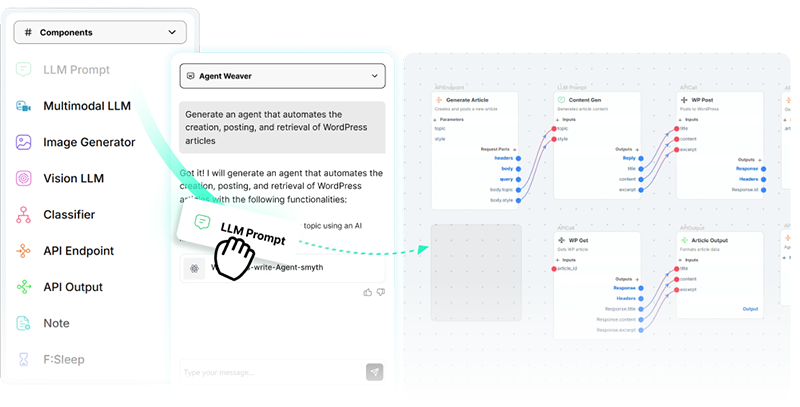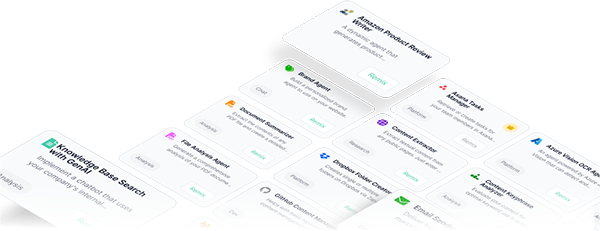SmythOS - Your AI Economy Partner
SmythOS - Your AI Economy Partner
Blog Article
The Operating System for the AI Economy
Artificial intelligence (AI) is transforming industries ranging from healthcare to finance, but one important concern remains at the front of development: inclusivity. While AI offers revolutionary possible to revolutionize lives, it also keeps the chance of reinforcing social inequities. For smythos to genuinely allow society, it should be built to be inclusive. This means ensuring fairness, accessibility, and illustration at all stages of development.
The Struggles of Bias in AI
Data reveal that partial AI outputs certainly are a expression of the info they're qualified on. Poor representation in datasets may cause discriminatory outcomes. For instance, a generally reported study indicated that face acceptance pc software comes with an problem charge of 35% for darker-skinned girls, in comparison to less than 1% for light-skinned guys.That highlights a major drawback that disproportionately impacts currently marginalized groups.

The situation is not only limited to face recognition. Language designs have exhibited biases, reinforcing dangerous stereotypes in their outputs. Inclusive teaching data and diverse clubs of developers are important to mitigate these issues. Without that, the danger stays that AI will perpetuate cultural inequality as opposed to fixing real-world problems.
The Benefits of Inclusive AI
When AI is produced inclusively, its advantages ripple across society. Inclusive AI might help connection spaces for underrepresented areas in knowledge, health, and employment. As an example, available AI solutions like screen visitors powered by natural language running have already widened opportunities for individuals with disabilities. But there is still untapped possible to make these solutions commonplace as opposed to exceptions.
Study also reveals diversity in AI progress contributes to innovation. A study from a high institution records that companies with large diversity in authority jobs are 45% much more likely to record higher market share growth. These ideas underline why inclusivity in AI is not really a necessity for moral reasons but a plus for innovation and progress.

The Road Ahead
Making inclusive AI calls for modify across multiple dimensions. Diverse and representative datasets, intersectional screening processes, and powerful ethical governance would be the cornerstones of equitable AI development. Furthermore, policymakers should play a role by enforcing regulations that push for visibility and accountability in AI systems.
The shift toward inclusive AI is not only in regards to the technology. It's about redefining what development looks like. By prioritizing inclusivity, we could assure AI not only covers issues but does so for everybody, leaving no one behind in the technological revolution.
While issues stay, the rising debate around inclusivity in AI signals progress toward a more equitable future. By addressing biases today, we can style systems that empower rather than banish, reflecting the range of the people they try to serve.
Report this page